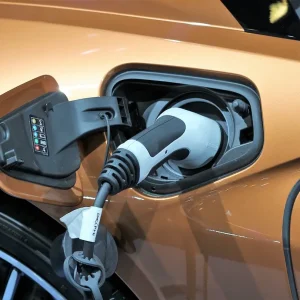The UK could see a sharp increase in the number of congestion zones if a report by the House of Commons Environment, Food and Rural Affairs Committee is acted on by government.
In its latest report, the committee’s recommendations include giving more urban areas where pollution is a problem the power to introduce a congestion charge or clean air zone. Currently the only cities with the power to introduce congestion charges are London, Leeds, Birmingham, Nottingham, Derby and Southampton.
The report’s authors also criticised the lack of flexibility in the system being set up by Department for Environment, Food and Rural Affairs: “Defra’s plans for Clean Air Zones will impose a ‘one size fits all’ model on cities from Southampton to Leeds.
The department must give local authorities greater flexibility in order that they can tailor measures to best meet their local circumstances. For example, cities may find it more effective to limit vehicle access at certain times of day or to target specific bus routes rather than adopt blanket access proposals.
“Charging powers are planned for only the five cities with the worst pollution yet dozens of areas breach EU limits: we recommend that Defra extends these powers to other councils in its clean air zone legislation so that communities which wish to do so can tackle pollution hot-spots in this way.”
The Air Quality Report also recommended that following the VW emissions scandal Defra pay more attention to real-world emissions, rather than rely on the official European test regime.
“The UK Government must in future negotiations argue robustly for lower EU limits which will deliver reductions on the road equal to, or better than, current laboratory limits,” said the report.
The committee ministers added: “We recommend that Defra publishes: first, by the end of 2016 an analysis of the impact on UK air quality of Euro 6 vehicle emissions standards; and secondly, by the end of 2018, an analysis of the impact of new real-world driving emissions tests being introduced from 2017. Should either of these reports show that EU standards are in practice failing to have the impact assumed under current plans, Defra must issue revised plans including stronger measures to tackle vehicle emissions.”
Commenting on the report the RAC said it was broadly in favour of clean air zones but urged the government to make sure the different zones were joined up: “Simply allowing local authorities to create their own zones, could lead to motorists facing a hotchpotch of charging regimes across the country, would be a recipe for chaos.”
The report also recommended a scrappage scheme for diesel vehicles over 10 years old.





